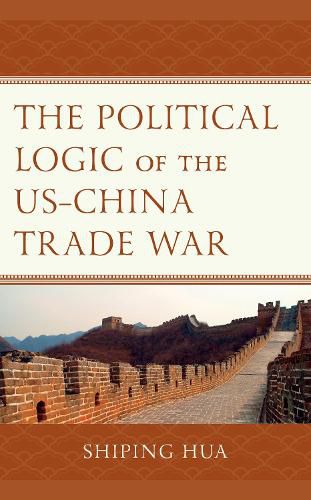Readings Newsletter
Become a Readings Member to make your shopping experience even easier.
Sign in or sign up for free!
You’re not far away from qualifying for FREE standard shipping within Australia
You’ve qualified for FREE standard shipping within Australia
The cart is loading…






This is the first comprehensive study by the world's leading scholars about the political logic of the U.S.-China trade war that started during the Trump administration. The book is divided into three parts. The first part looks at changed leadership styles of the two countries in the last few years. It also examines the liberal international order since World War II in which the trade war emerged. It then explores the theoretical perspectives from both the United States and China that are related to the trade war. The second part is about the domestic factors that impacted on the trade war from China's perspective. These factors include China's institutional adaptation of the new international environment, the radicalization of the Chinese political discourse, and Big Power Diplomacy. The third part explores the U.S. domestic factors that impacted the trade war, such as the Trump administration's different China policy in general, the role played by the U.S. Congress, business lobby, and the transition of foreign policy from a Wilsonian World Order to Jacksonian Nationalism.
$9.00 standard shipping within Australia
FREE standard shipping within Australia for orders over $100.00
Express & International shipping calculated at checkout
This is the first comprehensive study by the world's leading scholars about the political logic of the U.S.-China trade war that started during the Trump administration. The book is divided into three parts. The first part looks at changed leadership styles of the two countries in the last few years. It also examines the liberal international order since World War II in which the trade war emerged. It then explores the theoretical perspectives from both the United States and China that are related to the trade war. The second part is about the domestic factors that impacted on the trade war from China's perspective. These factors include China's institutional adaptation of the new international environment, the radicalization of the Chinese political discourse, and Big Power Diplomacy. The third part explores the U.S. domestic factors that impacted the trade war, such as the Trump administration's different China policy in general, the role played by the U.S. Congress, business lobby, and the transition of foreign policy from a Wilsonian World Order to Jacksonian Nationalism.